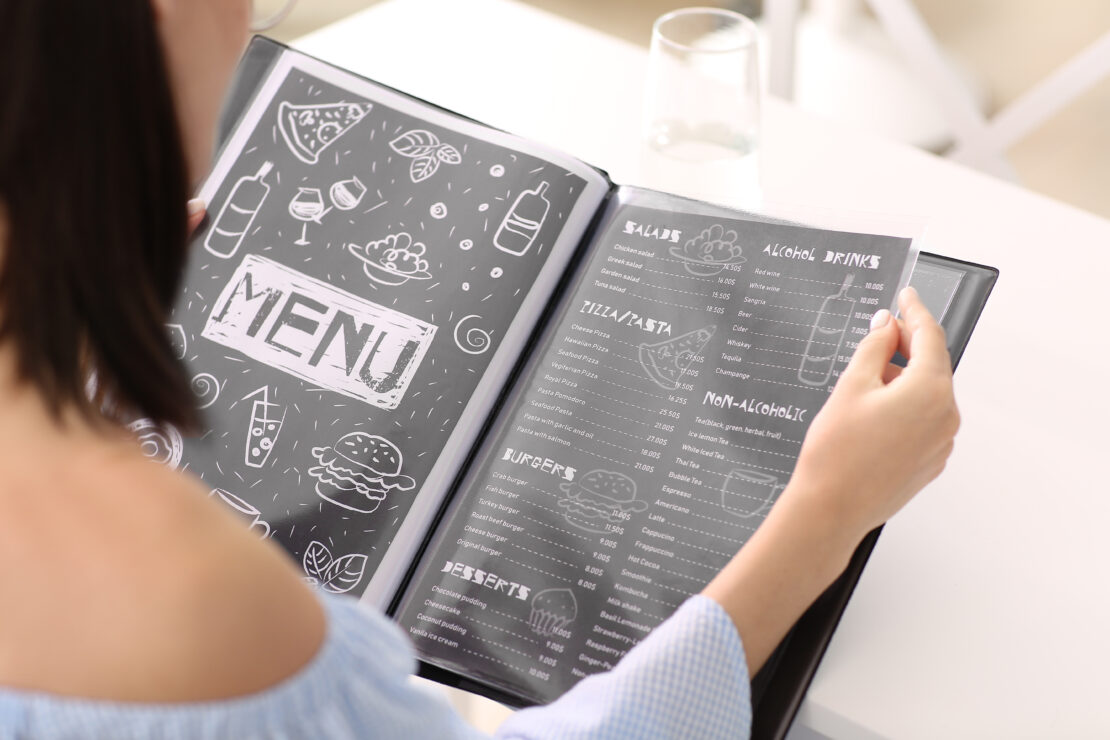
Allergen Accreditation does take issue with ‘may contain,’ ‘made in a factory with’ and other PAL (Precautionary Allergen Labelling) excuses.
Therefore, it is great to see Knorr joining the growing number of clean labelling manufacturers who take the dread of ‘may contain’ out of the conversation. Knorr have launched some products that have a clear packaging label: NO ALLERGENS TO DECLARE. Along with Knorr, Essential Cuisine also do this and many more manufacturers.
To become accredited involves full allergen disclosure and there is a rigid process involved that results in no use of ‘May Contain’ terminology for all foods and drinks prepared on site.
Just to be clear it is a widespread standard that manufacturers do use precautionary allergen labelling (PAL) and from our experience, and feedback from Allergen Accredited businesses, it is how these statements are arrived at that is the issue.
‘May contain’ statements backed up by risk assessment data is acceptable and allows caterers to make an informed choice about recording their allergen data. Conversely when manufacturers offer a less than satisfactory PAL explanation it raises eyebrows about their own manufacturing standards.
Indeed, Allergen Accreditation has been driving a hard bargain for caterers and they in turn have been challenging their suppliers for accurate allergen information and the future is looking brighter.
The difference between restaurants and retail is that we buy packaged foods from shops with labels and when we eat a plate of food at a restaurant there are no labels. If we need allergen information in a restaurant we have to ask. This works well until a server says well it ‘may also contain x, y and z.’ This is our issue… and potentially these customer/ server conversations can take ages and can include servers showing the customer actual food packets to explain what they mean.
One could say that is being thorough, but the customer experience is less than conducive. Having a transparent full allergen disclosure policy, supported by competent training and excellent customer care skills nips this type of problem in the bud.
Top tips for caterers:
- Avoid as many ‘may contain’ labelled goods as possible.
- When using a PAL product make sure you tell your customers about the allergen they are enquiring about to ensure the customer can make an informed choice
- Highlight any unintentional allergen contents with the dishes you prepare in the kitchen and inform customers accordingly: ‘may contain’ will happen in a busy kitchen and it is not specific to manufactured good.
- Always ask your customers if they have an allergy, are intolerant or have coeliac disease (or politely ask any food hypersensitivities?).
In the Netherlands from 1 January 2026 new reference values for all allergens, i.e. amounts at which the presence of an allergen can trigger a reaction is being introduced and this will affect food manufacturers and suppliers. It will make it more difficult to use ‘may contain’ statements or PALs in various forms without robust risk assessing and only using PAL when there is a real risk as opposed to selecting a generic waiver of responsibility, which is too loosely used in the system today.
It does not affect us in the UK unless you are a food manufacturer or supplier and wish to sell to the Dutch market.
Julian Edwards, CEO, Allergen Accreditation


